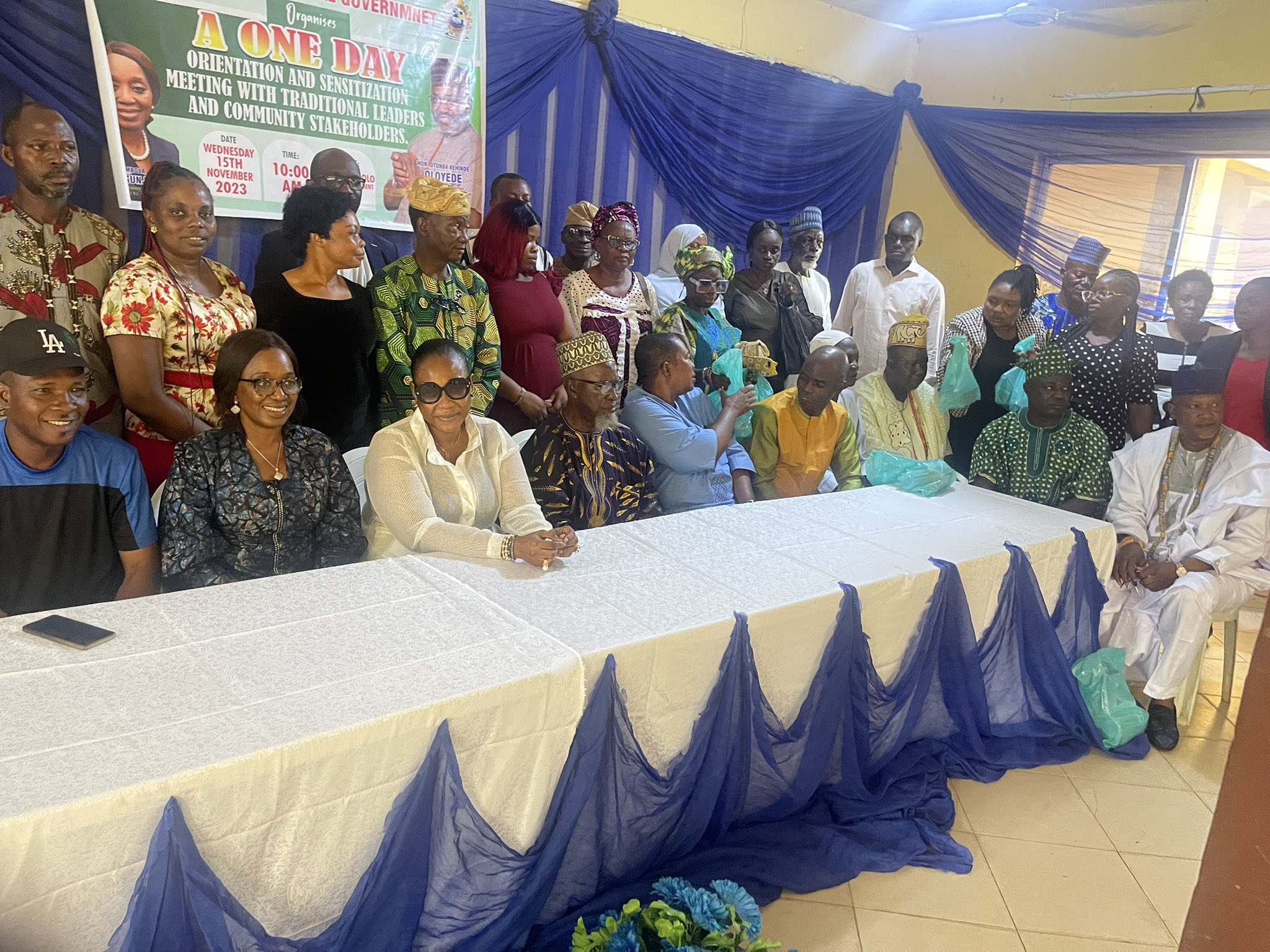Lagos, June 20, 2025 – In a bold move to strengthen grassroots healthcare services, Lagos State District IV has engaged key stakeholders across ten Local Government Areas (LGAs) and Local Council Development Areas (LCDAs) to improve the performance and accessibility of Primary Health Centres (PHCs).
The engagement session, held in Lagos, brought together local government officials, health workers, community leaders, and civil society representatives to discuss challenges facing PHC operations and explore collaborative strategies for reform.
According to education and health officials from the district, the initiative is designed to promote stronger coordination between local authorities and the state government in ensuring that PHCs deliver quality, affordable, and consistent care to residents.
Speaking during the forum, District IV leadership emphasised the urgent need to address lapses in service delivery, infrastructure, and health personnel management at the community level. The stakeholders were urged to take ownership of PHC development as a shared responsibility that directly affects public welfare.
“We must move from complaints to action. Improving our primary health system starts with collaboration at the grassroots. This is about saving lives, reducing preventable illnesses, and building trust in our public health institutions,” a district official stated.
The dialogue highlighted critical areas such as staffing gaps, inadequate medical supplies, poor facility maintenance, and community awareness. Action plans were discussed to mobilise local resources, monitor PHC performance, and ensure accountability.
Stakeholders welcomed the engagement, describing it as timely and necessary to revitalise health services in their communities. Many expressed hope that the renewed synergy between local and state actors would result in real improvements on the ground.
The Lagos State Government reaffirmed its commitment to primary healthcare reform as a cornerstone of its broader development agenda, stressing that no resident should be denied access to basic health services due to systemic failures.
District IV’s intervention aligns with the state’s long-term vision of a more responsive and people-driven health system—one that is rooted in community partnership and sustained by inclusive governance.

